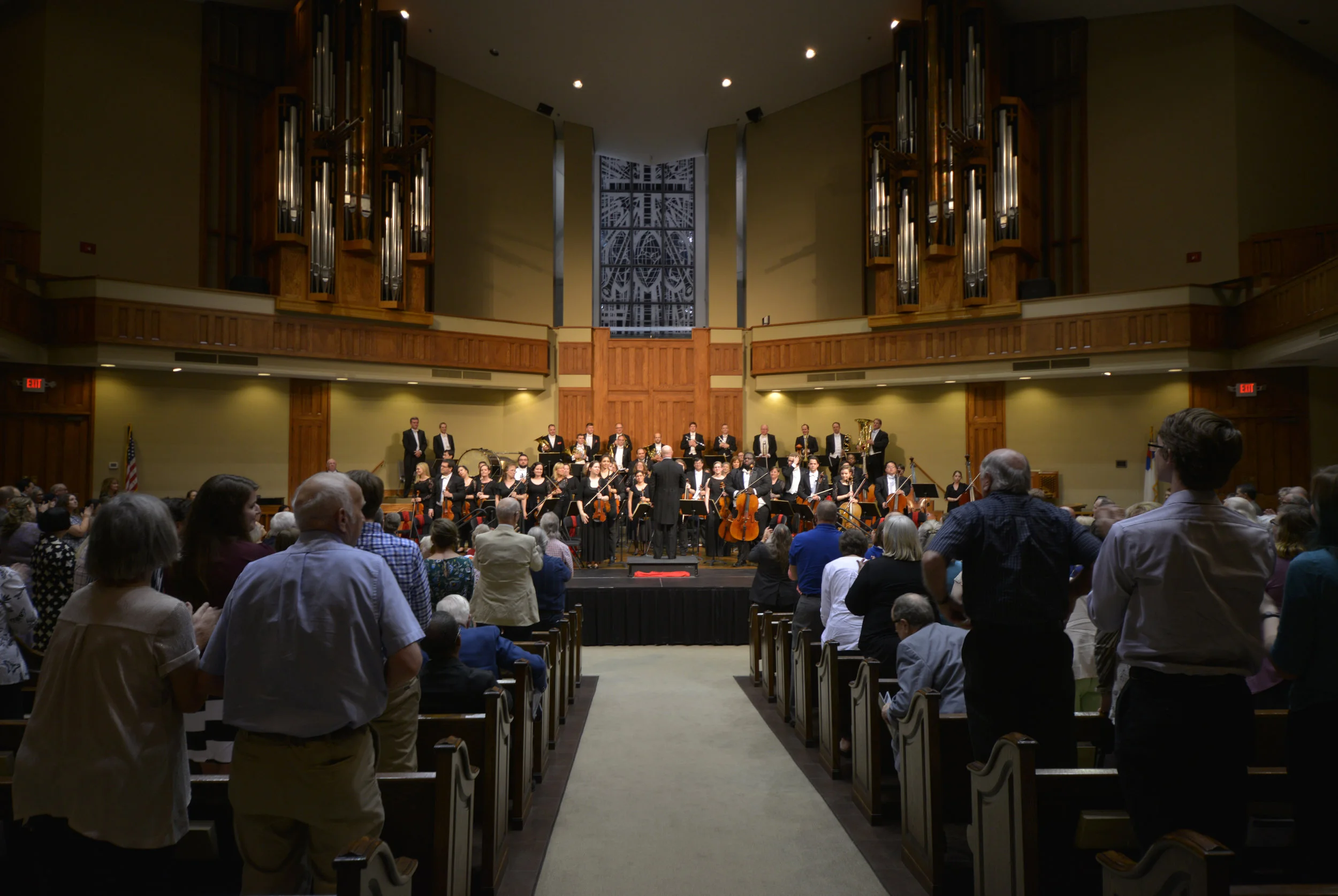Why do we create monuments to the past? What is it about physical reminders—be they statues or plaques—that move us? Why do we feel the need to travel to the places of great historical events and walk the same ground? I am struck by the words of Joshua Lawrence Chamberlain, the hero of Little Round Top at the Battle of Gettysburg: “In great deeds, something abides. On great fields, something stays.”
Read MoreGreat art is meant to be experienced. It is not enough to see a picture of a painting by Delacroix or Jacques-Louis David in an art history book. You must tramp across the wide corridors of the Louvre and encounter them in all the massive, unbelievable glory and beauty; anything else is only a poor substitute. This sort of artistic experience is a great blessing, and it explains why so many people continue to visit the great museums of the world.
Read MoreWhat will a person not do because of love? With love, the seemingly absurd and impossible becomes logical and likely. Love is what drives us to actions and accomplishments, from the noblest and greatest to ordinary and poignant. To paraphrase the famous early twentieth century English author G.K. Chesterton, something becomes great or beautiful or indeed lovely because we love it. Not because it was great, beautiful, or lovely before we came. This is because love is transformative.
Read MoreEating is an incredibly sacramental act. In fact a feast, regularly celebrated, is one of the universally recognized rites of the Christian Church. It can be a reminder of our lack of complete self-sufficiency. We need things outside ourselves in order to survive even on the most basic of levels. The sacred is also something that is meant to be experienced with other people. Meals are often communal, and I would argue that the best meals are always shared experiences. No matter how good the food is it is always better shared with other people
Read MoreWe have a propensity to glorify revolution. We want to label things as revolutions whether they are revolutionary or not. Perhaps this is because we view ourselves as the by-products of a revolution. We love to celebrate rebels who overthrow and overturn the felt tyranny of the old existing order. This is right and good to a certain point, but revolution has a dark side, too. It is rare however that we pause to reflect on the negative consequences of revolution.
Read More




